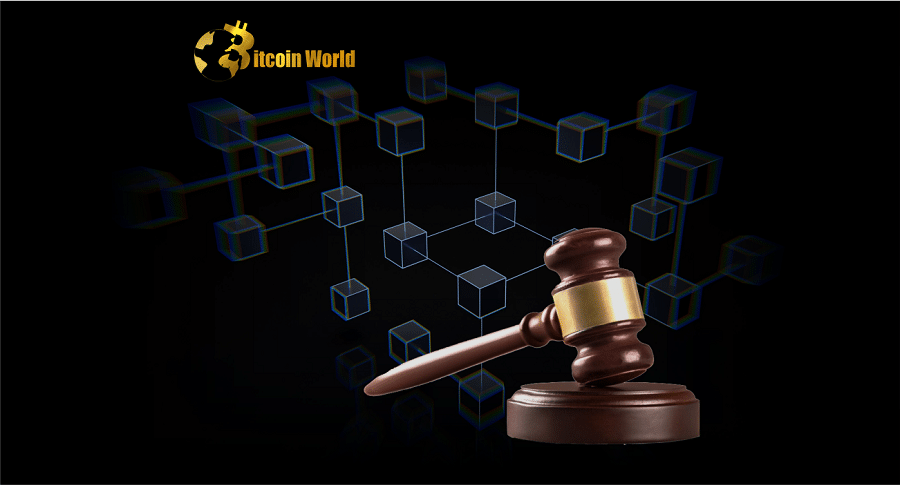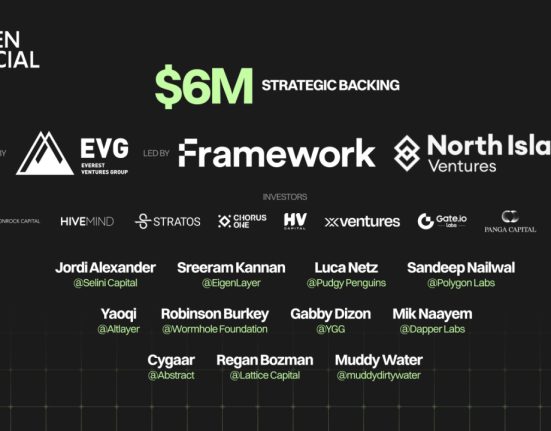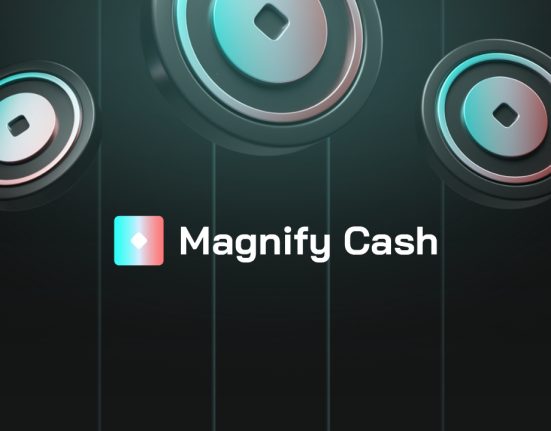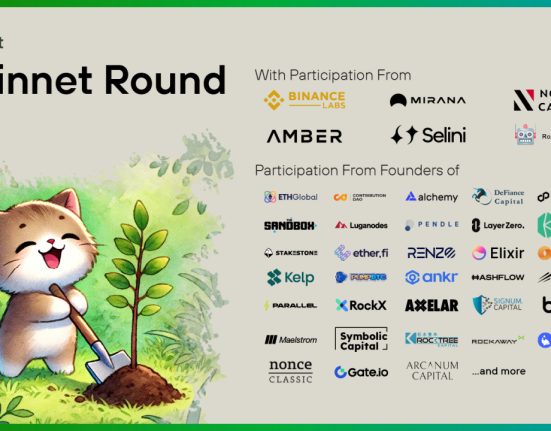Tom Emmer, a member of the United States House of Representatives and Majority Whip, recently filed a new measure to give regulatory clarity for the blockchain and cryptocurrency industries. The Blockchain Regulation Act is the name of the bill (BCRA).
The goal of this bill, according to Emmer, is to offer legal certainty for blockchain developers and service providers who do not store or handle client assets. According to the bill, these businesses should not be classified as money transmitters subject to “stringent” regulation.
Furthermore, the BCRA is a bipartisan bill co-led by Florida Representative Darren Soto and supported by members of both political parties. This backing enhances the likelihood of the bill passing through Congress.
Traditional regulatory frameworks, according to Majority Whip Tom Emmer, are not easily relevant to the quickly evolving blockchain and crypto business. Emmer feels that federal regulators and lawmakers have been applying “statutory definitions” to the crypto environment that are not appropriate.
Emmer’s BCRA calls for a more “sensible regulatory” environment for the cryptocurrency industry, blockchain developers, and service providers. By addressing these issues, the law may serve to stimulate corporate innovation while minimizing “unnecessary regulatory costs.”
According to Jerry Brito, Executive Director of Coin Center, a non-profit research and advocacy center focused on cryptocurrency and blockchain technology, effective cryptocurrency policy necessitates regulatory frameworks that are “tailored” to the specific activities that present risks that must be mitigated.
Brito argues that the Blockchain Regulatory Certainty Act confirms that non-custodial blockchain operations such as mining or offering wallet software should be exempt from the same laws as custodial cryptocurrency exchanges. Brito believes it should be given legal certainty and reinforced the understanding that has already been created in the crypto business.
The law could provide more targeted and appropriate regulatory monitoring for the bitcoin industry by distinguishing between custodial and non-custodial activities. This might encourage innovation while simultaneously reducing risks and safeguarding customers.
The bipartisan bill championed by Congress’ “Crypto King” could assist to simplify the industry’s convoluted state-by-state money transmission regulatory process.
This has the potential to minimize regulatory constraints and expenses for noncustodial blockchain firms while also encouraging innovation. Furthermore, the BCRA’s legal activity may serve to generate the essential confidence to deter noncustodial blockchain developers or service providers from pursuing a more uncomplicated regulatory environment outside of the jurisdiction of US regulatory watchdogs.
Ultimately, the bipartisan Blockchain Regulatory Certainty Act, championed by Tom Emmer and supported by both political parties, has the potential to strengthen investor confidence, minimize regulatory ambiguity, improve consumer protection, and drive bitcoin adoption.
But, in order for these benefits to become a reality, the law would need to be approved by a majority of Congress, which would be a tremendous victory for the business.














